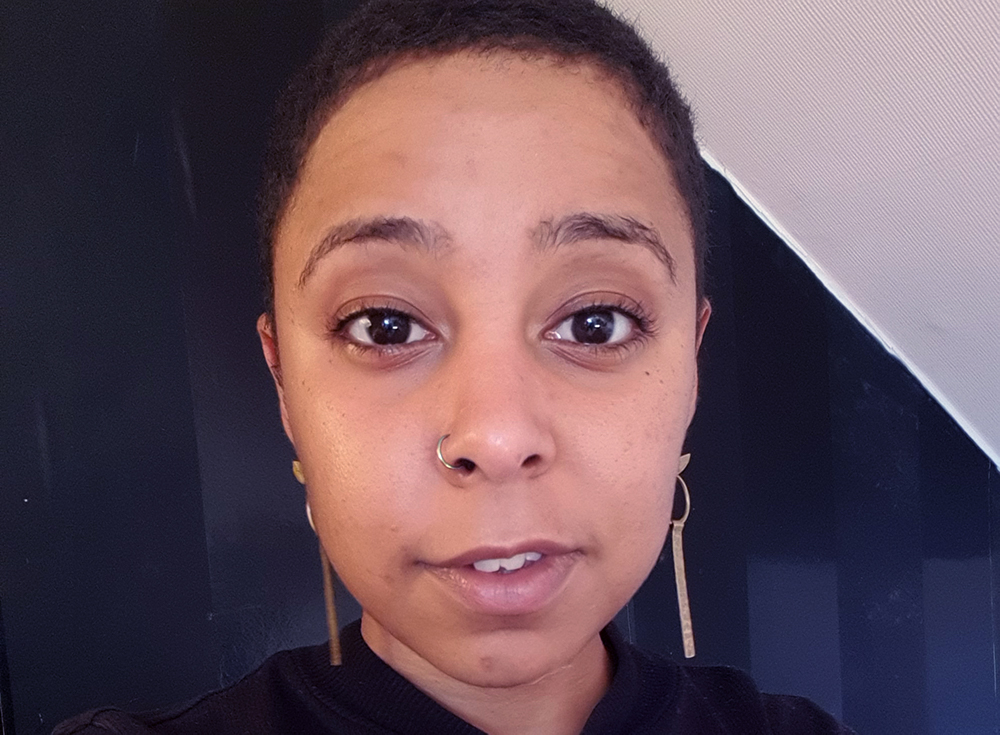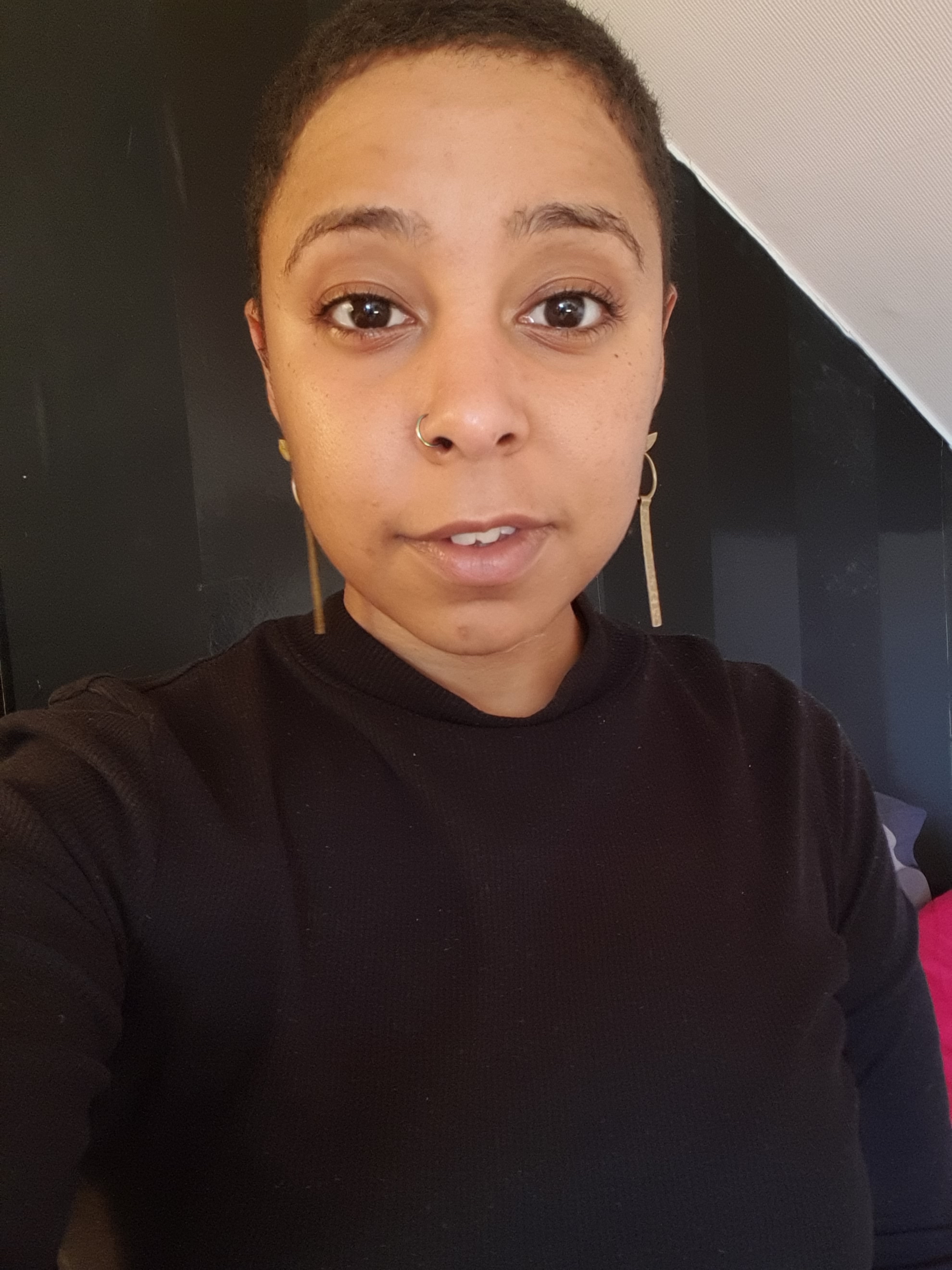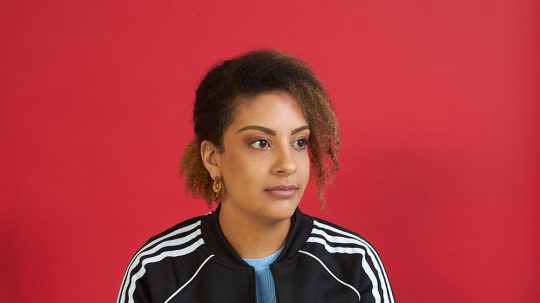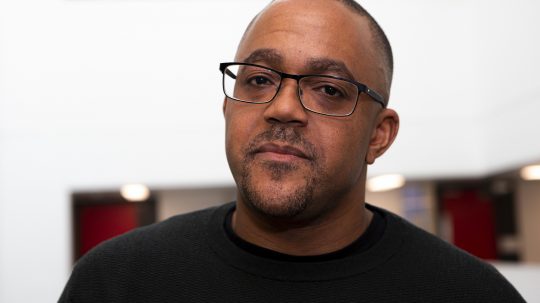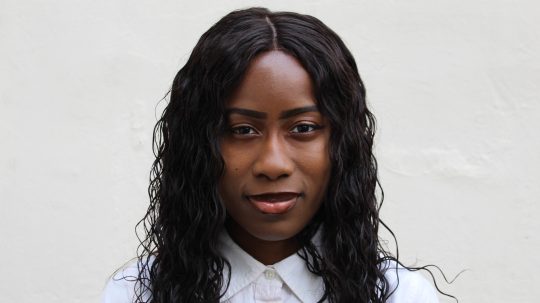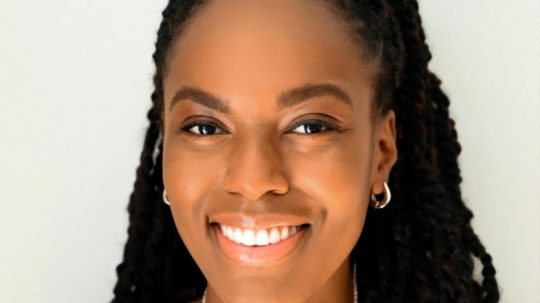An air of complacency hangs over much of the UK charity sector. Many charity workers think: “I am a good person; I am doing good work that brings about important social change. There’s no way I could be racist.”
But, like the rest of society, good intentions do not give the charity sector immunity from the pervasive nature of systemic racism. To see how charities play a part in upholding oppressive structures, we only have to look back to the racist Citizens Advice training documents which came to light in August last year. The slides, now removed, taught the charity’s advisers in England and Wales that “low levels of literacy”, a focus on “honour and shame”, and other reductive stereotypes were “common traits” among black, Asian and minority ethnic (BAME) communities. Another example of systemic racism can be found in how 87% of BAME-led organisations (charities, social enterprises, community groups) are at risk of closure due to the impact of Covid-19, compared to 10% of the charity sector as a whole.
Three weeks ago, I hosted one of the most important events that the third sector has ever seen: the #BAMEOnline Fundraising Conference. I spent two weeks consulting with BAME organisations and fundraisers across the UK and the USA to curate a conference that was for the first time catered to their specific needs. We had 44 speakers, 43 of whom were people of colour, and when we went live, we had sold more than 6,000 tickets.
I have been called aggressive and confrontational by white leadership for sharing rap music with colleagues, for being passionate about change and having an opinion that doesn’t fit with the dominant discourse.
Martha Awojobi
The event was more successful than I could have possibly imagined. There was laughing, crying, dancing, honest and groundbreaking conversations about the reality of being a person of colour in a sector that is so overwhelmingly white – the charity sector has 9% BAME staff and 5% BAME leadership – that you can never bring your whole self to work. In a report by the Association of Chief Executives of Voluntary Organisations and Voice4Change, that I would really recommend reading, 50% of BAME charity workers surveyed (490) felt that they needed to ‘tone down’ behaviour or to be on their ‘best behaviour’ in order to fit in the charity sector. I definitely count myself in that 50%. When I worked in a large organisation, I always felt like I was representing my race and one misstep would change the way my colleagues viewed not just me, but all black women. I have been called aggressive and confrontational for sharing rap music, for being passionate about change and having an opinion that doesn’t fit with the dominant discourse.
But we brought our whole selves to #BAMEOnline. And then some.
There was something else happening, something bigger. The conference was unapologetic in its blackness.
The event was hosted by two queer black women: me and my fellow #CharitySoWhite committee member and campaigner Camille St-Omer Donaldson. More than half of the speakers were black – 24 in fact. When Cam and I came onstage we played a hip hop instrumental that set the tone for the kind of conference we were about to deliver. There was no code switching, where we change the dialect we speak in to fit white norms. There was also no tokenism, a welcome relief from the daily constraints of whiteness. We took up the space we deserve and raised our voices. We brought white people to our table and we showed the third sector what we can do. There is magic when black people can be themselves.
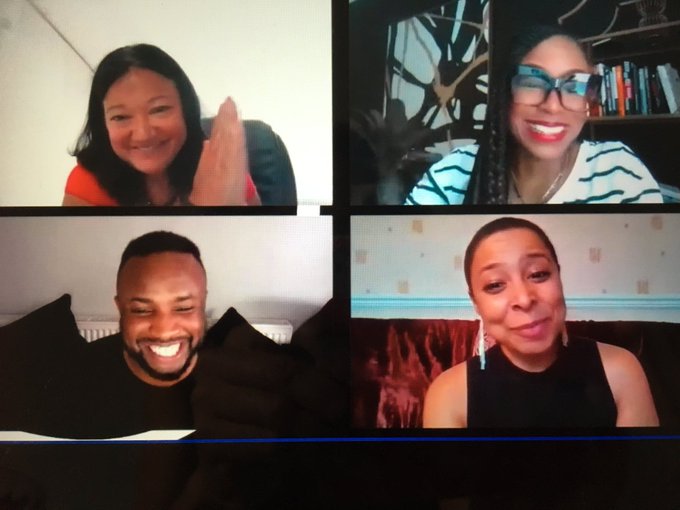
A screenshot from the #BAMEOnline fundraisers conference which took place last month. Credit: Supplied
Our mission, as a sector, is to support vulnerable people in our communities. Dismantling racism should be at the heart of that.
Martha Awojobi
We opened the conference by critiquing the name. What is BAME? Often the term BAME is used as a convenient shield to hide structural inequality. “We have BAME leadership, therefore we can’t be institutionally racist,” decision makers will say. When you take a closer look, you see that the ‘B’ within that ‘BAME leadership’ is nowhere to be seen. There is no data on black CEOs in the third sector (I spent hours searching), but you only need to look at any mainstream charity’s ‘meet the team page’ to see whose voice is missing.
Our mission, as a sector, is to support vulnerable people in our communities. Dismantling racism should be at the heart of that. We should be leading the way in showing how the world should be. As our position paper, Racial Justice in the Covid-19 response, warned, the UK’s BAME communities have disproportionately died from the virus. The charities best placed to support these communities are those who understand their lived experience. How can we expect to have our best impact, or even achieve mission, when black staff are underrepresented and sidelined in the workplace? Or when the BAME voluntary and community sector (VCS) has been decimated?
Long before Covid-19 and Black Lives Matter activists woke the nation up to the realities of institutional racism this summer, black people in the third sector have been leading the way in tirelessly and thanklessly pushing for change. From Patricia Hamzahee and Derek Bardowell working to encourage black people into philanthropy, and Precious Sithole’s Beyond Suffrage programme which helps young black women to become charity trustees, Kemar Woolford who chairs Black Fundraisers UK, Joyce Fraser founder of Black Heroes Foundation, Clo and Tinuke, the women behind the #fivexmore campaign to protect black women’s maternity rights, to Seyi Akiwowo of Glitch and Tobi Kyeremateng creating cultural access points for black young people through Black Ticket Project.
There has always been a black revolution happening in the third sector. #BAMEOnline brought us together, showed us the strength and the joy we find in our numbers. When we connect the dots and begin to build collective power, there is nothing that black people cannot do.
The views expressed in this article are those of the author and do not necessarily reflect the views of EachOther.

